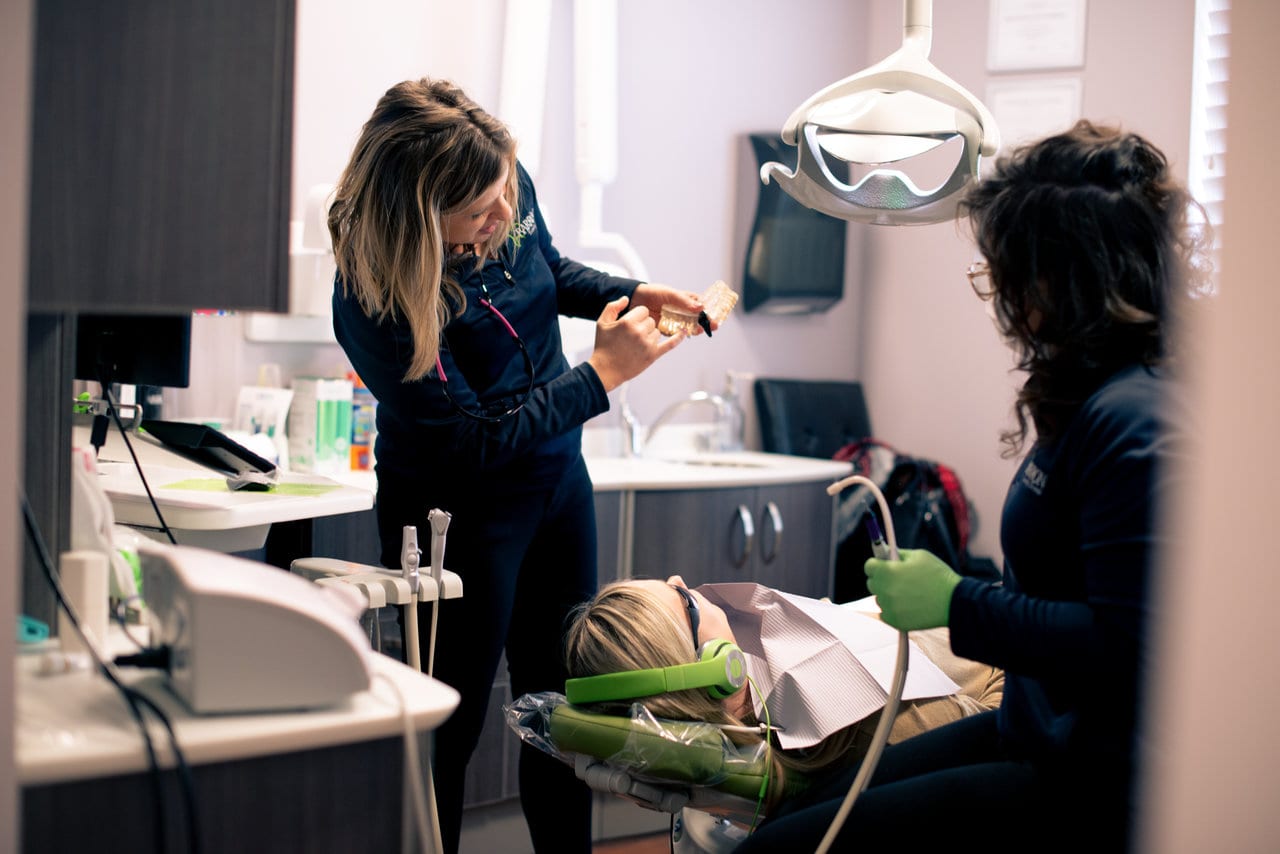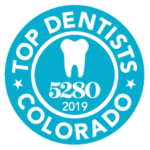A deep cleaning is different from the regular cleaning performed by your dental hygienist. It is a procedure not everyone needs, although almost half of us will at some point in our lives.
The technical term for deep cleaning is scaling and root planing. The latter term sounds a lot scarier than it actually is, although the procedure does generally require at least a local anesthetic. Some dentists may also call this periodontal cleaning. The dentist will start by removing all of the plaque and tartar above and below the gum line, then they will smooth out your tooth roots. The procedure allows your gums to start the process of healing.
Who Needs Deep Cleaning?
Deep cleaning is a treatment for periodontal disease. Most of us will have some degree of gingivitis (inflamed gums) in our lives. Periodontal disease is when the inflammation progresses to the point where it starts to damage the bone around and between your teeth. It is often a result of poor oral hygiene or neglecting to visit the dentist. It can be the result of a phobia of dental work keeping you out of the dentist’s office. Symptoms of periodontitis include bleeding when you brush your teeth or floss, bad breath, red, tender, or swollen gums, pain when chewing, a bad taste in your mouth and loose teeth. However, some people may experience no symptoms at all.

Your dentist will diagnose periodontitis, and they will use a perio probe to measure the exact depth of the pockets that may have formed around your teeth. Pockets of 3mm to 6mm indicate that you need a deep cleaning. More than that and you may need surgery. The diagnosis should be made by your dentist, not your hygienist, and if they make it without using the probe, you should get a second opinion. Some dentists have been known to recommend a deep cleaning just to upcode to get more money. Always ask how deep your pockets actually are.
You may need a deep cleaning for all of your mouth or just part of it. For a whole mouth deep cleaning you may need to come back for multiple visits, especially as many dentists would prefer not to numb all of your mouth at once.
How Long Will it Take?
Deep cleaning can take up to 45 minutes per quadrant, depending on how extensive of a cleaning is recommended. Your dentist will be able to give you a more precise estimate. If you are anxious about the procedure, your dentist may be able to give you a sedative or a single dose of valium to reduce anxiety and help you relax.
What is the Aftercare?
Generally, there is not much aftercare for a deep cleaning. Your mouth may be sore for a day or two and your teeth may be more sensitive for up to a week. If your teeth are sensitive, drink tea or coffee at a lower temperature and avoid ice cream and sucking on ice. You may experience some bleeding from the gums when you brush your teeth.
Your dentist may give you pills to take or, more commonly, a mouth rinse to help your gums heal. For severe cases, they may put medication into the pocket that was cleaned. You will have a follow up visit to see how your gums are healing.
Will I Need to Have It Again?
Periodontitis does tend to recur. However, you can reduce the risk of needing another deep cleaning by practicing correct oral hygiene. Your dentist may give you a medicated mouthwash to use, and may move you onto a “perio maintenance” schedule, meaning you will need routine cleanings every three or four months rather than every six. Some people benefit from switching to an electric toothbrush. If you have dry mouth, which can contribute to periodontal disease, they may also give you a special toothpaste to be used at night or a mouthwash to reduce dry mouth symptoms.
If you have tender or bleeding gums, or if you have not been to the dentist for a long time, you may need to have your gums checked by your dentist. You should schedule an appointment today. If you are in the Boulder-Broomfield-Thornton area of Colorado, contact Barron Family Dental to schedule a check up.



